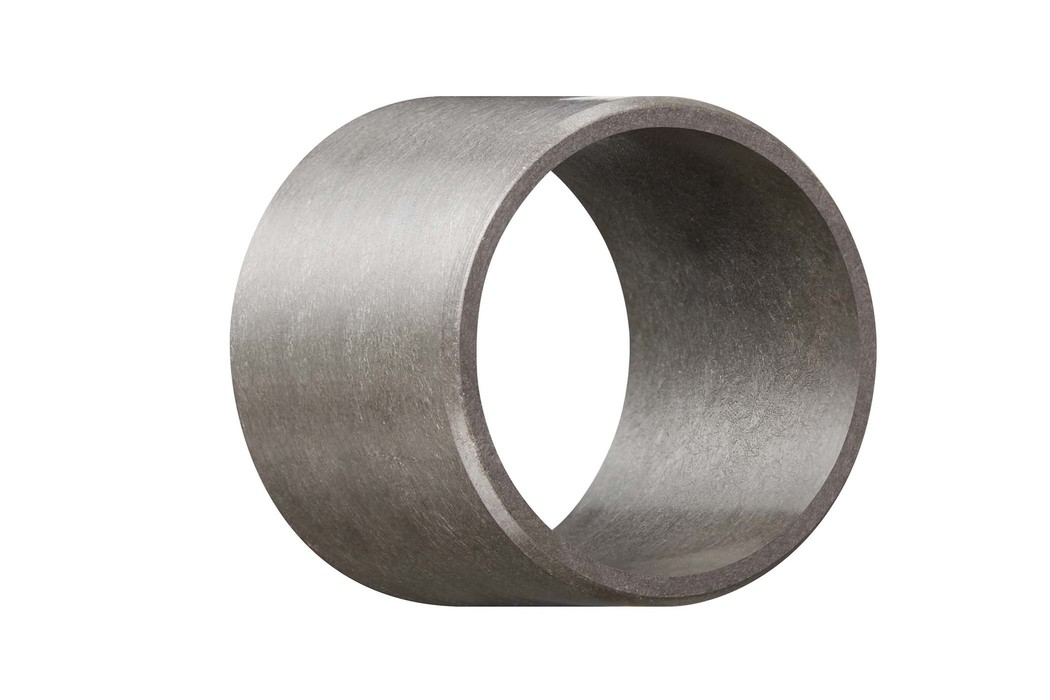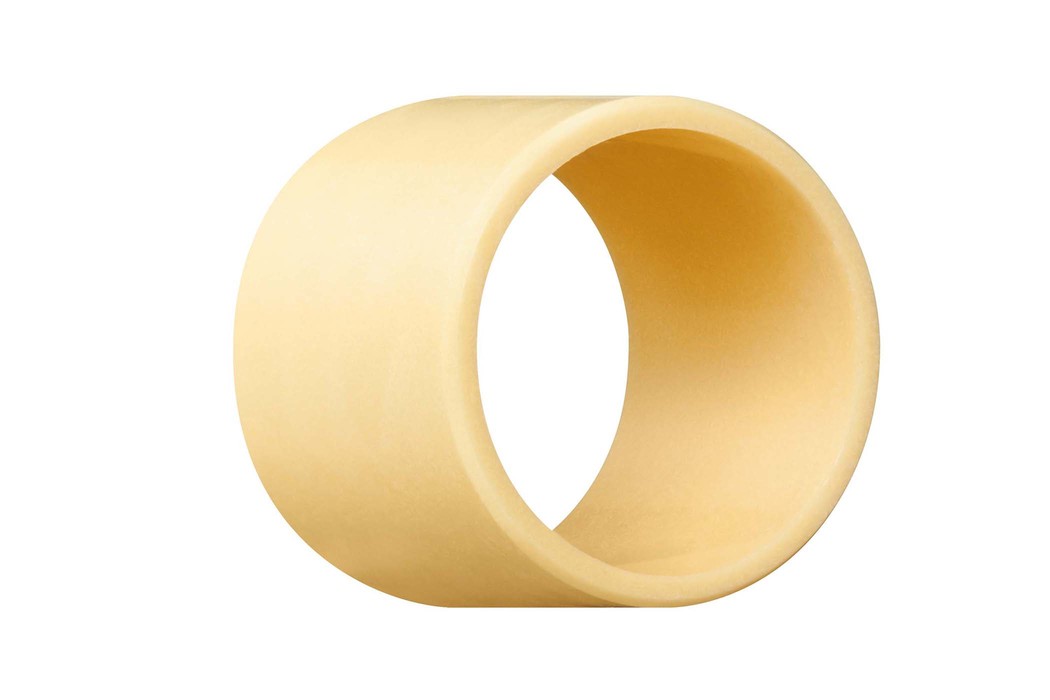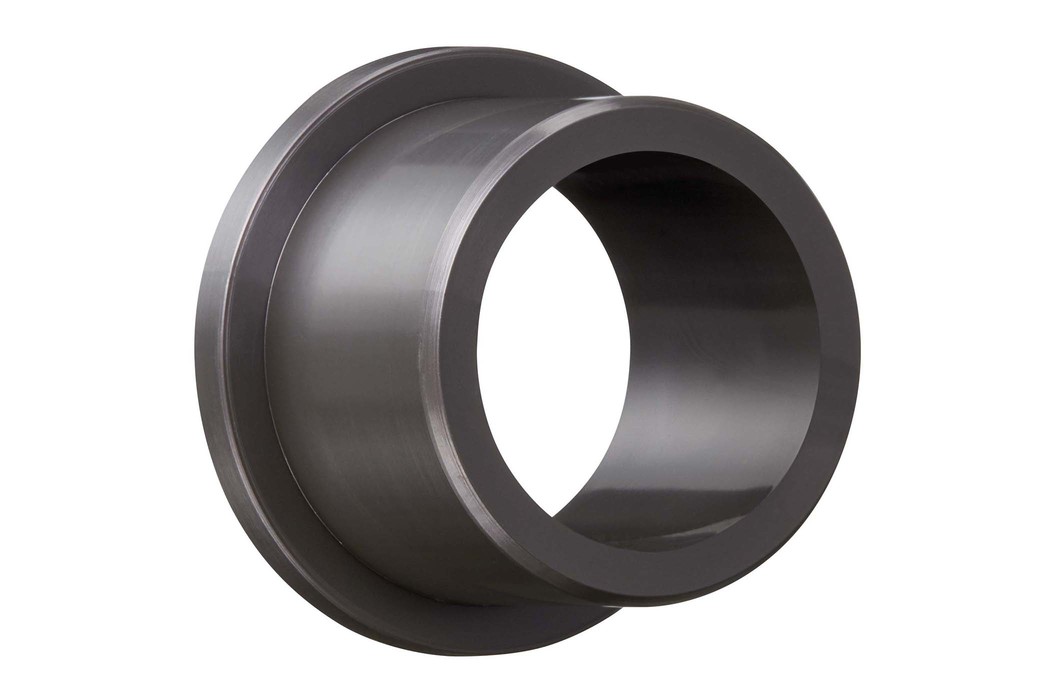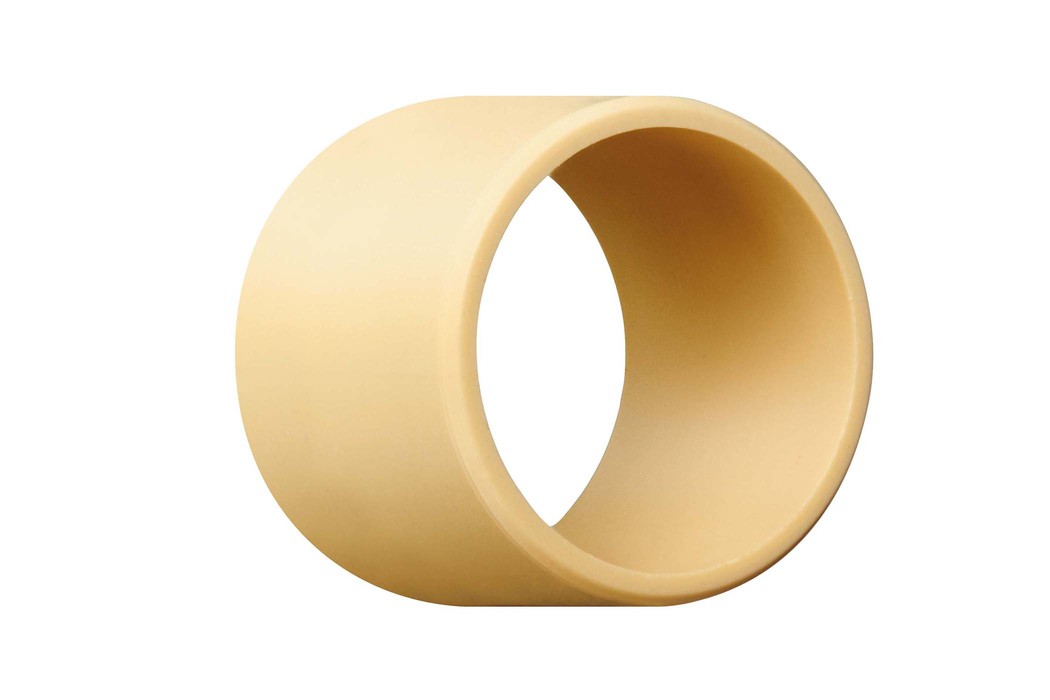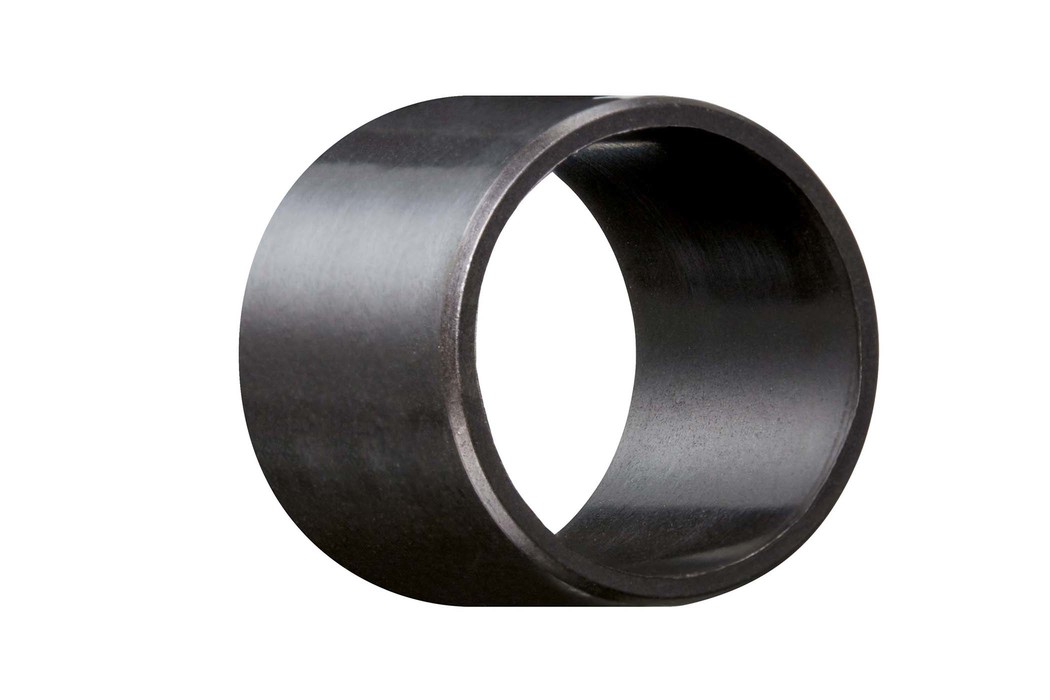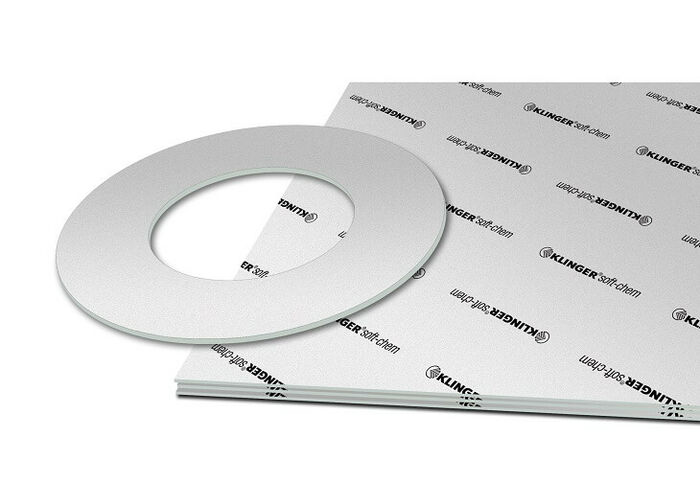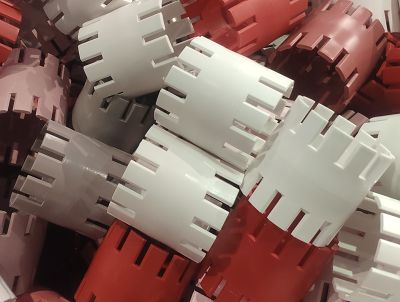Material Hub > Materialien
Materialien
-
Kategorie ThermoplasteEinsatztemperatur -40 – 130 °CDichte 1.46 g/cm³
-
Kategorie ThermoplasteEinsatztemperatur -50 – 90 °CDichte 1.49 g/cm³
-
Kategorie ThermoplasteEinsatztemperatur -40 – 80 °CDichte 1.14 g/cm³
-
Kategorie ThermoplasteEinsatztemperatur -40 – 90 °CDichte 1.24 g/cm³
-
Kategorie ThermoplasteEinsatztemperatur -100 – 250 °CDichte 1.44 g/cm³
-
Kategorie ThermoplasteEinsatztemperatur –Dichte 0.9 g/cm³
-
Kategorie ThermoplasteEinsatztemperatur -250 – 80 °CDichte 0.94 g/cm³
-
Kategorie ThermoplasteEinsatztemperatur -60 – 250 °CDichte 1.31 g/cm³
-
Kategorie ThermoplasteEinsatztemperatur < 260 °CDichte 1.31 g/cm³
-
Kategorie ThermoplasteEinsatztemperatur -50 – 100 °CDichte 1.41 g/cm³
-
Kategorie ThermoplasteEinsatztemperatur -50 – 100 °CDichte 1.41 g/cm³
-
Kategorie ThermoplasteEinsatztemperatur -50 – 100 °CDichte 1.41 g/cm³
-
Rhenoplasma® 31+ Rhenolease® SF 195 (Verschleißschutzschicht mit einer Härte von bis zu 1100 HV (0,3) imprägniert mit Fluorsilanen)
Rhenotherm Kunststoffbeschichtungs GmbH
Kategorie KunststoffbeschichtungEinsatztemperatur -40 – 250 °CDichte – -
Rhenoplasma® 31S+ Rhenolease® SF 195 (Verschleißschutzschicht mit einer Härte von bis zu 1100 HV (0,3) imprägniert mit Fluorsilanen)
Rhenotherm Kunststoffbeschichtungs GmbH
Kategorie KunststoffbeschichtungEinsatztemperatur -40 – 250 °CDichte – -
Kategorie ThermoplasteEinsatztemperatur 0 – 100 °CDichte 0.9 – 0.92 g/cm³
-
Kategorie ThermoplasteEinsatztemperatur -210 – 260 °CDichte 1.5 g/cm³
-
Kategorie ThermoplasteEinsatztemperatur -210 – 260 °CDichte 2.9 g/cm³
-
Kategorie ThermoplasteEinsatztemperatur -210 – 260 °CDichte 2.1 g/cm³
-
Kategorie ThermoplasteEinsatztemperatur -210 – 260 °CDichte 0.9 g/cm³
